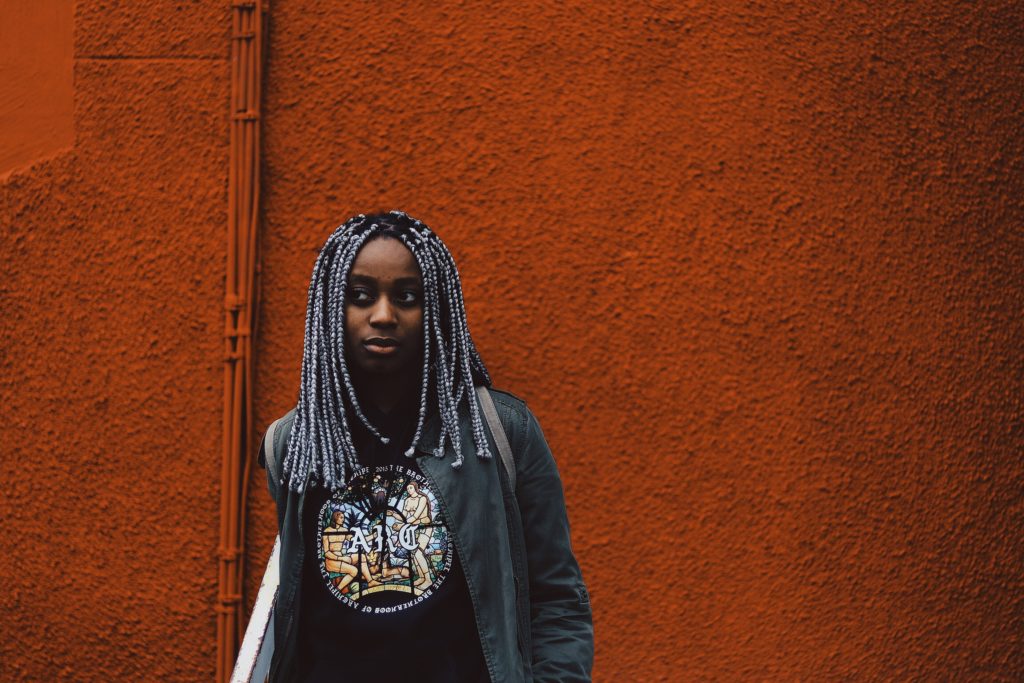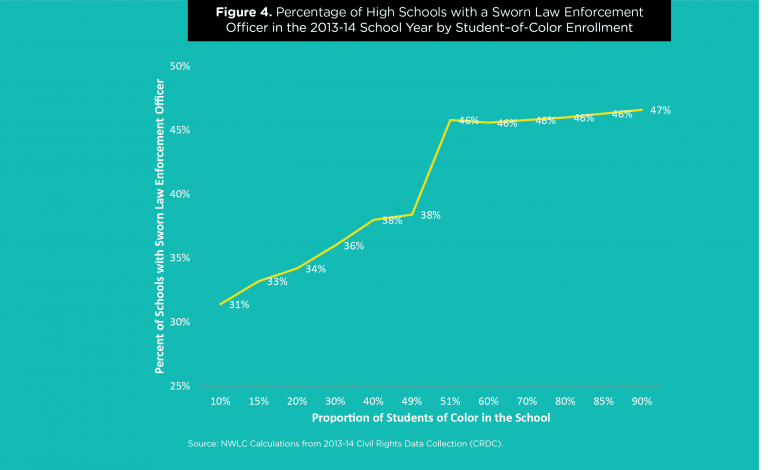Racism has the ability to permeate every part of society, including our school systems. But while light has been shed on many studies regarding the unfair treatment of black boys in school, little has been researched regarding black girls. The National Women’s Law Center sought to shed that light on black girls in school. The results were astounding.

While the study examined a wide variety of issues that disproportionately affect girls of color, one major finding that stood out was the suspension rate of black girls. The research found that black girls are 5.5 times more likely to be suspended from school than white girls in every state. In the District of Columbia, where black girls represent 73 percent of girls enrolled in school but 94 percent of all girls suspended, they are 17.8 times more likely to be suspended than white girls. But what makes theses statistics even worse is that it has nothing to do with more frequent or serious misbehavior. Instead, the brutal combination of sexism and racism that affects black girls is to blame.
The study, drawing on research from the African American Policy Forum, stated that “stereotypes of black girls and women as ‘angry’ or aggressive, and ‘promiscuous’ or hyper-sexualized can shape school officials’ views of black girls in critically harmful ways”. And because of this, black girls are more often punished for challenging “feminine” societal norms by being candid or assertive, talking back to teachers, along with less severe offenses, including chewing gum and dress code violations.
The report’s authors also noted that girls of color are more likely to attend under-resourced schools, which often have fewer experienced teachers and guidance counselors and more law enforcement officers.

The report also highlighted the rising occurrence of violent incidents involving school police intervening in routine disciplinary matters regarding black and Latina girls. So black girls are more likely to have interactions with police than with guidance counselors or qualified teachers versed in culturally responsive personalized learning. And the disproportionate discipline starts as early as preschool, with black girls making up 20 percent of girls enrolled but 54 percent of girls suspended from preschool. Neena Chaudhry, director of education at the women’s law center, sums up the importance of these tragic statistics: “The startling numbers should be a wake-up call for educators to address this urgent issue and protect these students’ right to an education,” Chaudhry said. “Black girls’ futures are depending on it.”

